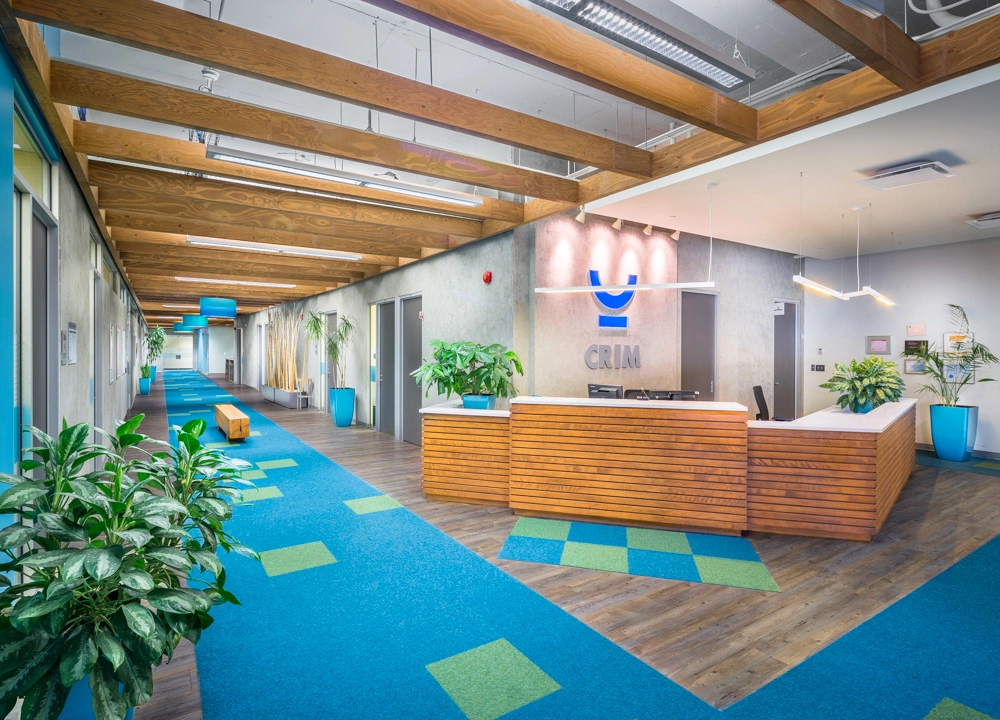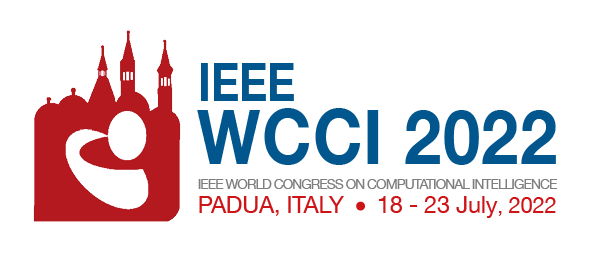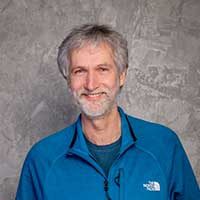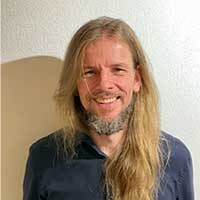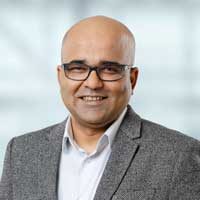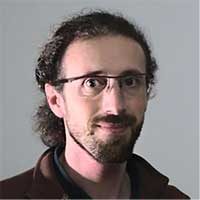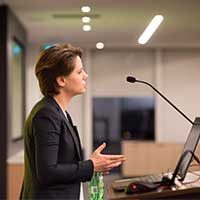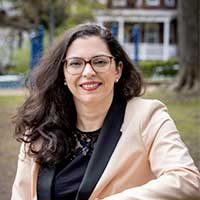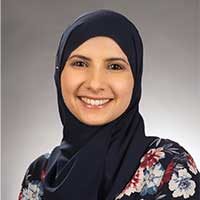Artificial Intelligence for Neurodegenerative Diseases
Workshop on July 22, 2022
More than 50 million people worldwide live with different neurodegenerative diseases (NDD), including Alzheimer’s Disease (AD). Early detection of dementia would help older adults at the early stages of the disease seek out different intervention programs and clinical interventions to maintain their quality of life at the normal level and slow down disease progression.
The global effects of the diseases requires international and multidisciplinary collaborations between neurologists and psychiatrists and AI developers that result in Artificial Intelligence (AI)-driven solutions to measure, diagnose, and treat the neurodegenerative diseases. To foster such research collaborations, we will hold the AI4AD Workshop, which will be hosted by WCCI 2022.
If you have questions or comments, please contact us at: WCCI2022-AI4AD@crim.ca


